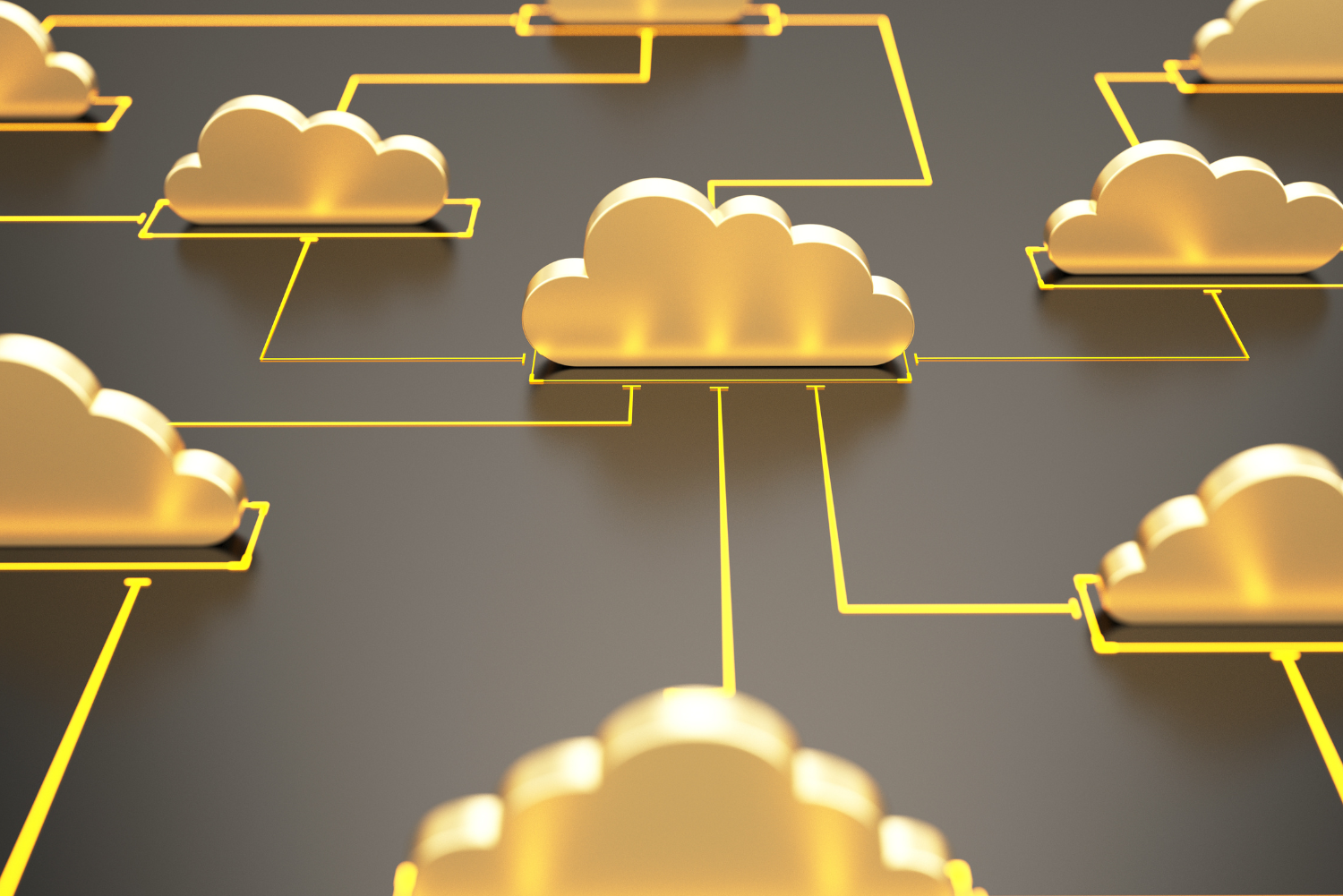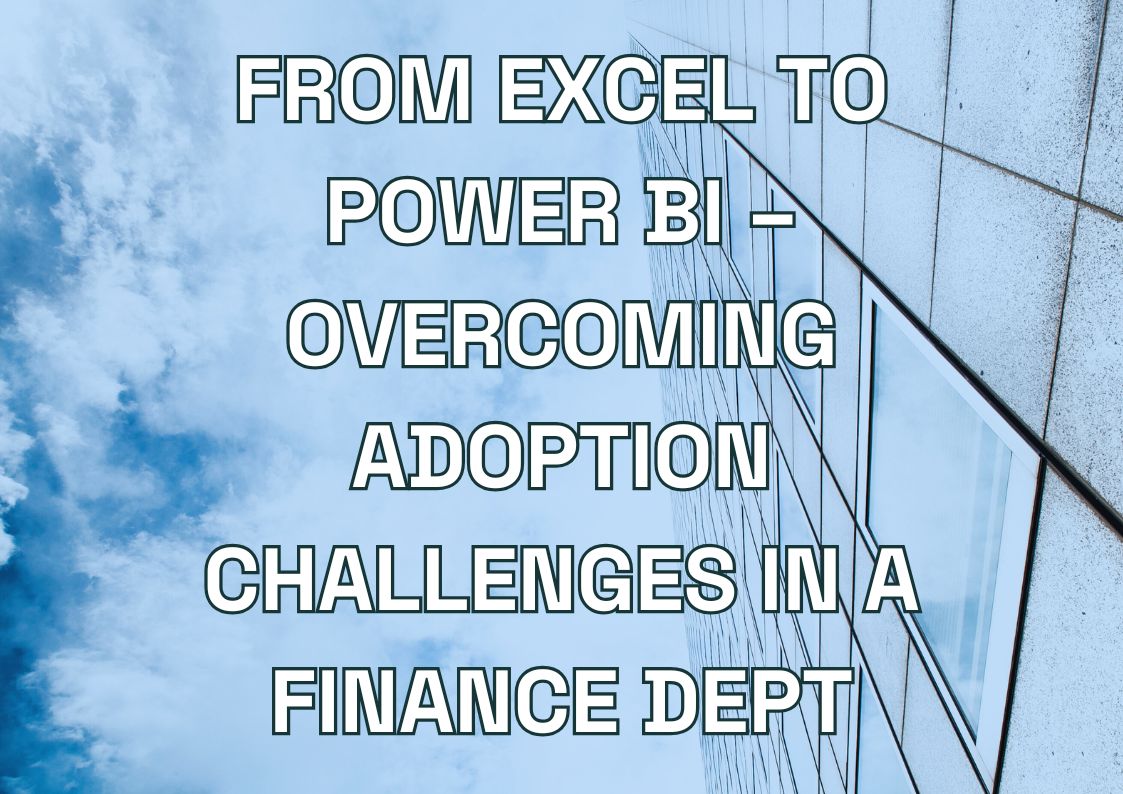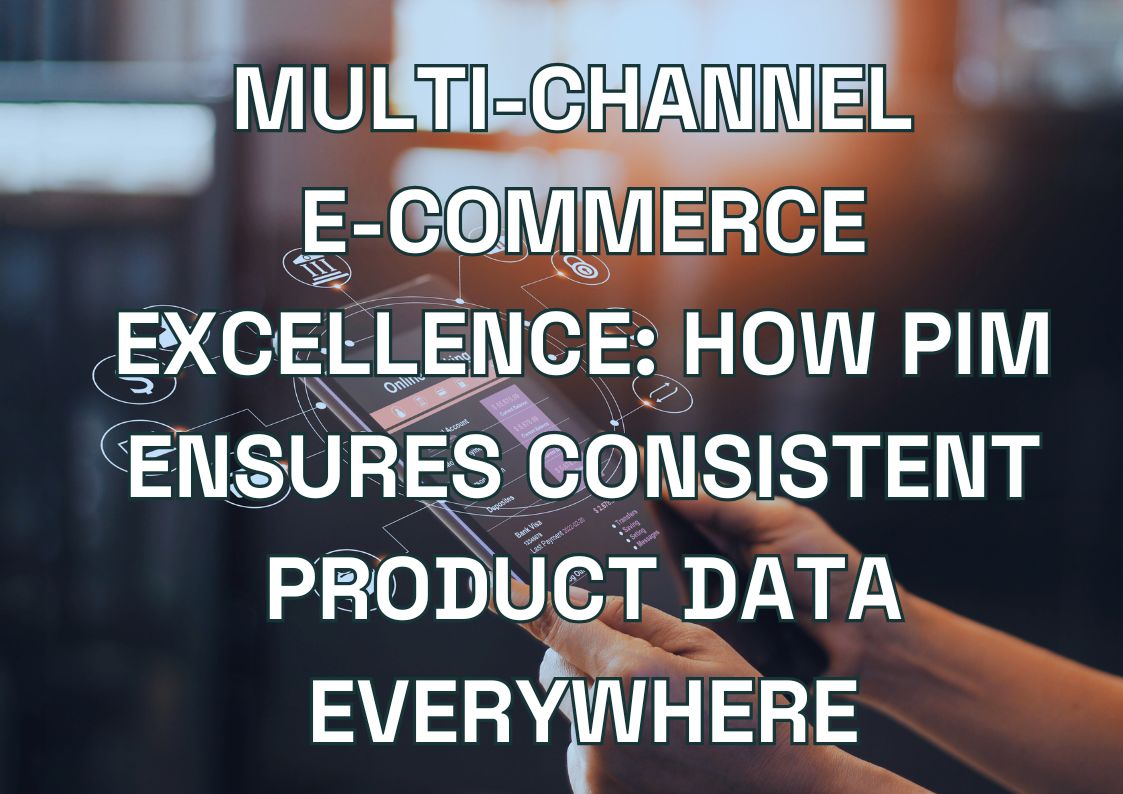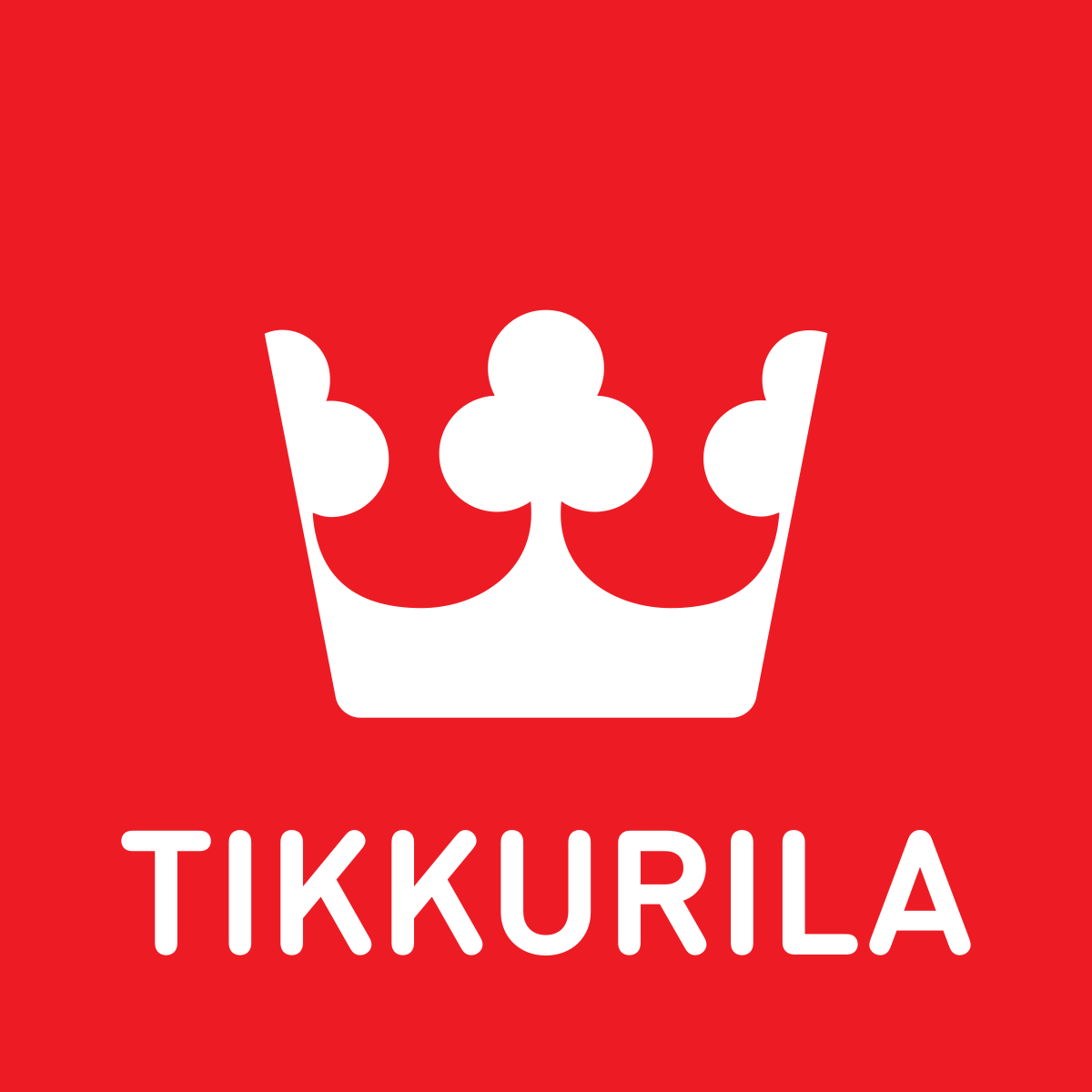Microsoft Build 2025 kicked off today as a landmark event in the tech industry’s AI transformation journey, with CEO Satya Nadella delivering a powerful opening keynote that outlined Microsoft’s vision for an “agentic web” – a future where AI assistants move beyond simply answering questions to actively completing complex tasks across platforms and applications.
The four-day conference at the Seattle Convention Center began with Nadella emphasizing Microsoft’s 50-year legacy of empowering developers and positioning AI as the next frontier, showcasing how Build represents the company’s vision for the future of software development and AI.
The central theme revolved around the transition from assistive to agentic AI – where artificial intelligence proactively completes tasks, coordinates with other agents, and drives workflows. This shift is fundamentally transforming both software development and business operations across the Microsoft ecosystem.
Nadella introduced several groundbreaking developments in the agentic AI space, demonstrating Microsoft’s commitment to building an interconnected framework where specialized agents collaborate to solve complex problems.
With major announcements scheduled throughout the event, Build 2025 promises to be a defining moment for developer innovation and AI transformation in Microsoft’s continuing mission.
Satya Nadella’s 2025 Keynote – The New Era of AI Agents and Development
Satya Nadella’s keynote presentation painted a compelling vision of how AI agents are creating unprecedented opportunities across Microsoft’s platforms. He emphasized that we’re entering a transformative era where AI is no longer just a feature but a foundational element, reshaping the entire development workflow.
“We’re witnessing a fundamental shift in how software is built,” Nadella explained. AI agents are becoming active participants in the development process, working alongside human developers to solve problems, generate code, and optimize solutions.
This collaboration between human creativity and AI capabilities is dramatically accelerating innovation cycles and enabling developers to focus on higher-value tasks.
OpenAI Collaboration – Sam Altman’s Insights on AI Evolution
The keynote featured a special virtual appearance by OpenAI CEO Sam Altman, who joined Nadella to discuss their ongoing partnership and share insights on how AI is evolving.
Altman emphasized that GPT models are rapidly improving in their ability to understand multimodal inputs – combining text, images, and other data types – to create more natural and powerful interactions. He shared his perspective on GPT’s capabilities, highlighting how the latest models can now interpret complex instructions, maintain context across longer interactions, and generate more accurate and relevant responses.
“The models are becoming smarter, simpler to use, and more reliable,” he stated, explaining how this simplification is making AI accessible to more developers.
In a moment reminiscent of Steve Jobs, Altman emphasized the growing seamlessness of AI integration, stating that the goal is creating tools where “it just works” without complex setup or maintenance.
Elon Musk and Grok Integration with Azure
One of the announcements from Nadella’s keynote was the new partnership between Microsoft and Elon Musk’s xAI, bringing Grok models to Azure. This unexpected collaboration represents a significant expansion of Microsoft’s AI model catalog and offers developers powerful new options for their applications.
During his virtual appearance, Elon Musk emphasized Grok’s commitment to accuracy and factual responses. Musk described the fundamental philosophy behind Grok with the goal “to aspire to truth with minimal error” – highlighting the model’s focus on delivering factually correct information with minimal hallucinations.
This emphasis on model accuracy is particularly significant for developers building mission-critical applications where factual precision is essential. The integration of Grok models into Azure gives developers access to these capabilities within Microsoft’s enterprise-grade infrastructure, complete with robust security, compliance features, and seamless scaling options.
Our Microsoft Services You Might Find Interesting
Microsoft Azure AI Foundry – The Agent Factory
During Day 1 of Build 2025, it was positioned as “the agent factory,” providing developers with an integrated environment that streamlines the entire AI development lifecycle. Key announcements included enhanced evaluation and monitoring capabilities, improved developer tools, and new AI templates designed for common use cases, enabling developers to design and deploy solutions in minutes rather than weeks.
Model Expansion: 1,900+ Available AI Models
The massive expansion of available AI models in Azure AI Foundry represents a significant breakthrough. The platform now offers access to over 1,900 models from industry leaders including:
- OpenAI
- xAI (with Grok 3)
- Meta
- Anthropic
- Mistral and Black Forest Labs
To simplify navigation, Microsoft introduced a new Model Router that automatically selects the optimal model for specific prompts based on quality and cost considerations. The platform now also supports full fine-tuning capabilities with a new developer tier that eliminates hosting fees.
AI Foundry Agent Service: Building Enterprise-Grade Agents
The general availability of Azure AI Foundry Agent Service enables developers to design, deploy, and scale enterprise-grade agents for business process automation.
A standout feature is support for multi-agent workflows, allowing developers to orchestrate multiple specialized agents to handle complex tasks. The service supports open protocols like Agent2Agent (A2A) and Model Context Protocol (MCP), ensuring interoperability across frameworks and ecosystems.
Foundry Local: Bringing AI to Windows and MacOS
Foundry Local brings Azure AI Foundry’s power directly to client devices, available on both Windows 11 and MacOS. This innovation enables developers to run AI models on-device without constant cloud connectivity, providing advantages for privacy, data usage, and offline functionality.
For Windows 11 developers, Foundry Local will be included in Windows AI Foundry, delivering high-performance AI capabilities across different silicon types for situations where cloud connectivity isn’t always available.
GitHub Copilot Evolution – Coding Agents
The evolution of GitHub Copilot from an in-editor suggestion tool to a full-fledged coding agent represents one of the most transformative announcements for developers. It enables developers to assign Copilot a range of development tasks for autonomous development, fundamentally changing how software is created.
The new GitHub Copilot coding agent can:
- Autonomously refactor code and improve test coverage
- Fix defects and implement new features independently
- Alert developers when work is ready for review
The AI coding assistant now operates as a genuine team member, relieving developers of routine tasks while maintaining full transparency. For complex tasks, GitHub Copilot can collaborate with other agents across all stages of the software lifecycle, creating an interconnected development ecosystem.
VS Code Open-Source Announcement
In a significant move emphasizing Microsoft’s commitment to the developer community, GitHub Copilot Chat in VS Code will be open-sourced. Over the next few months, the AI-powered capabilities from GitHub Copilot extensions will be integrated into the VS Code open-source repository.
This decision to make open-source AI tools available reflects the belief that “this type of innovation is best when done in the open, in collaboration with the community.” By bringing these capabilities into the same repository that drives Visual Studio Code, Microsoft is giving developers greater influence over the future of AI-assisted development.
The transition will enable community development of AI features, allowing developers worldwide to contribute improvements, fix issues, and extend capabilities.
Agentic DevOps: Transforming the Developer Experience
Microsoft outlined its vision for agentic DevOps – the evolution of the software development lifecycle through autonomous and semi-autonomous agents that operate as members of development and operations teams.
These capabilities increase developer productivity by automating routine tasks that previously consumed significant time and attention. A key element is the new SRE agent, which helps cloud developers reduce operational costs while improving application uptime by:
- Automatically responding to production alerts
- Mitigating issues and determining root causes
- Continuously monitoring application health
- Reducing resolution time from hours to minutes
Microsoft’s agentic DevOps approach emphasizes code quality through automated evaluation and improvement. The GitHub Copilot coding agent can refactor legacy code, implement best practices, and ensure consistent patterns throughout a codebase, significantly reducing technical debt that accumulates in many projects.
Microsoft 365 Copilot Updates – Wave 2 Spring Release
The Microsoft 365 Copilot Wave 2 spring release introduces several powerful new features designed to enhance productivity. Key elements of this release include:
- An updated Microsoft 365 Copilot app designed specifically for human-agent collaboration
- A new Create experience leveraging OpenAI’s GPT-4o for image generation
- Copilot Notebooks for turning content and data into instant insights and action
- Copilot Search and Memory features rolling out in June
- Researcher and Analyst agents for work-specific reasoning
These updates transform how users interact with Microsoft 365 applications, making it easier to generate content, find information, and derive insights from data.
Multi-Agent Orchestration in Microsoft Copilot Studio
A significant advancement in Copilot Studio is the ability for multiple specialized agents to work together as a team. This multi-agent orchestration allows agents built using Copilot Studio, Azure AI Foundry Agent Service, or the Microsoft 365 Agents SDK to combine their specialized skills to distribute work and deliver more comprehensive solutions.
The platform now provides native support for open standards, including Agent2Agent (A2A). With these capabilities, agents can:
- Discover peer agents
- Negotiate tasks
- Complete work collaboratively
- Honor identity, governance, and safety controls
This represents a major step forward in workflow automation, enabling more sophisticated problem-solving than any single agent could achieve alone.
Microsoft 365 Copilot Tuning: Customizing AI for Business Needs
With Microsoft 365 Copilot Tuning, organizations can now use their own company knowledge to train models that perform domain-specific AI tasks with increased speed and accuracy. This ensures that access to a tuned model is restricted to permissions of the underlying training data within an enterprise.
Agents built with Microsoft 365 Copilot’s Agent Builder can take advantage of these tuned models. For example:
- Legal firms can build agents that generate documents incorporating their specific style and expertise
- Consulting companies can build Q&A agents using models tuned on industry-specific regulatory requirements
This custom AI training capability enables Copilot to better understand company-specific terminology, processes, and requirements, making it significantly more valuable for specialized enterprise knowledge tasks. Copilot Tuning will be rolling out in June as part of the Copilot Tuning Program.
The Model Context Protocol (MCP) – Building the Agentic Web
Microsoft and GitHub have made significant contributions to the Model Context Protocol ecosystem, joining the MCP Steering Committee and delivering broad first-party support across their platforms. MCP provides a standardized way for AI agents to securely connect with data and services.
Two major new contributions were announced:
- Identity and authorization specification: Developed in collaboration with Anthropic and the MCP community, this updated spec allows MCP-connected apps to securely connect to servers. It enables users to use Microsoft Entra ID or other trusted sign-in methods to give agents access to data and services, establishing secure AI connections in enterprise and consumer contexts.
- Community-driven registry of MCP servers: This collaboration with the MCP Steering Committee creates a registry service allowing implementation of centralized repositories for MCP server entries, facilitating discovery and management of various MCP implementations.
These contributions reflect Microsoft’s commitment to advancing open standards and shared infrastructure for the next generation of agents, creating an interconnected ecosystem where AI can work seamlessly across platforms.
NLWeb: Conversational Interfaces for Web Content
NLWeb, introduced as a new open project, plays a role similar to HTML but for the agentic web. It makes it easy for websites to provide conversational interfaces for users with the model of their choice and their own data.
This innovation allows users to interact directly with web content in a rich, semantic manner using natural language interaction. Every NLWeb endpoint also functions as a Model Context Protocol server, so websites can make their content easily discoverable and accessible to AI agents.
By improving web accessibility through conversation, NLWeb transforms how users can engage with online content, opening new possibilities for more intuitive and natural interactions with websites and web applications.
Windows AI Foundry – Revolutionizing Local AI Development
Windows AI Foundry, an evolution of Windows Copilot Runtime, provides a unified and reliable platform supporting the AI developer lifecycle from model selection to deployment across client and cloud environments. This comprehensive platform for local AI development includes several key capabilities:
- Windows ML serves as the foundation of the Windows AI platform, enabling developers to deploy models efficiently across the silicon partner ecosystem including AMD, Intel, NVIDIA and Qualcomm.
- Simplified deployment allows developers to ship production apps without packaging ML runtimes or hardware execution providers.
- Advanced model optimization tools in the AI Toolkit for VS Code support conversion to ONNX from PyTorch, quantization, and profiling.
Windows AI Foundry integrates Foundry Local and other model catalogs like Ollama and NVIDIA NIMs, giving developers quick access to ready-to-use open-source models on diverse Windows silicon.
App Actions and MCP Support in Windows
Microsoft is transforming how users find and interact with apps on Windows through native support for Model Context Protocol and App Actions on Windows. This standardized framework enables AI agents to connect with native Windows apps, boosting app discoverability and engagement.
Key components include:
- MCP Registry for Windows: A secure, trustworthy source making MCP servers accessible to AI agents on Windows PCs.
- MCP Servers for Windows: Includes Windows system functionalities like File System, Windowing, and Windows Subsystem for Linux as MCP Servers.
- App Actions APIs: Enables developers to author actions for their features and consume actions from other relevant apps.
Day 1 Conclusion – The Road Ahead for Developers
From agentic AI to local development tools, Microsoft painted a compelling vision of an AI future where human developers and AI agents collaborate to create more powerful and innovative solutions.
The breadth of announcements demonstrates Microsoft’s commitment to Microsoft innovation in several key areas:
- Azure AI Foundry as a comprehensive platform for agent development
- GitHub Copilot’s evolution into an autonomous coding partner
- Microsoft 365 Copilot’s enhanced capabilities for business productivity
- Open standards through Model Context Protocol and NLWeb
- Windows AI Foundry for on-device AI development
As Build 2025 continues, attendees can look forward to additional developer resources through numerous breakout sessions, labs, and demonstrations that will provide deeper insights into implementing these new technologies.
The event’s comprehensive schedule offers opportunities to learn directly from Microsoft engineers who built these tools and to connect with other developers exploring similar challenges.
Let's talk about your IT needs

Let me be your single point of contact and lead you through the cooperation process.
Choose your conversation starter
Signed, sealed, delivered!
Await our messenger pigeon with possible dates for the meet-up.








